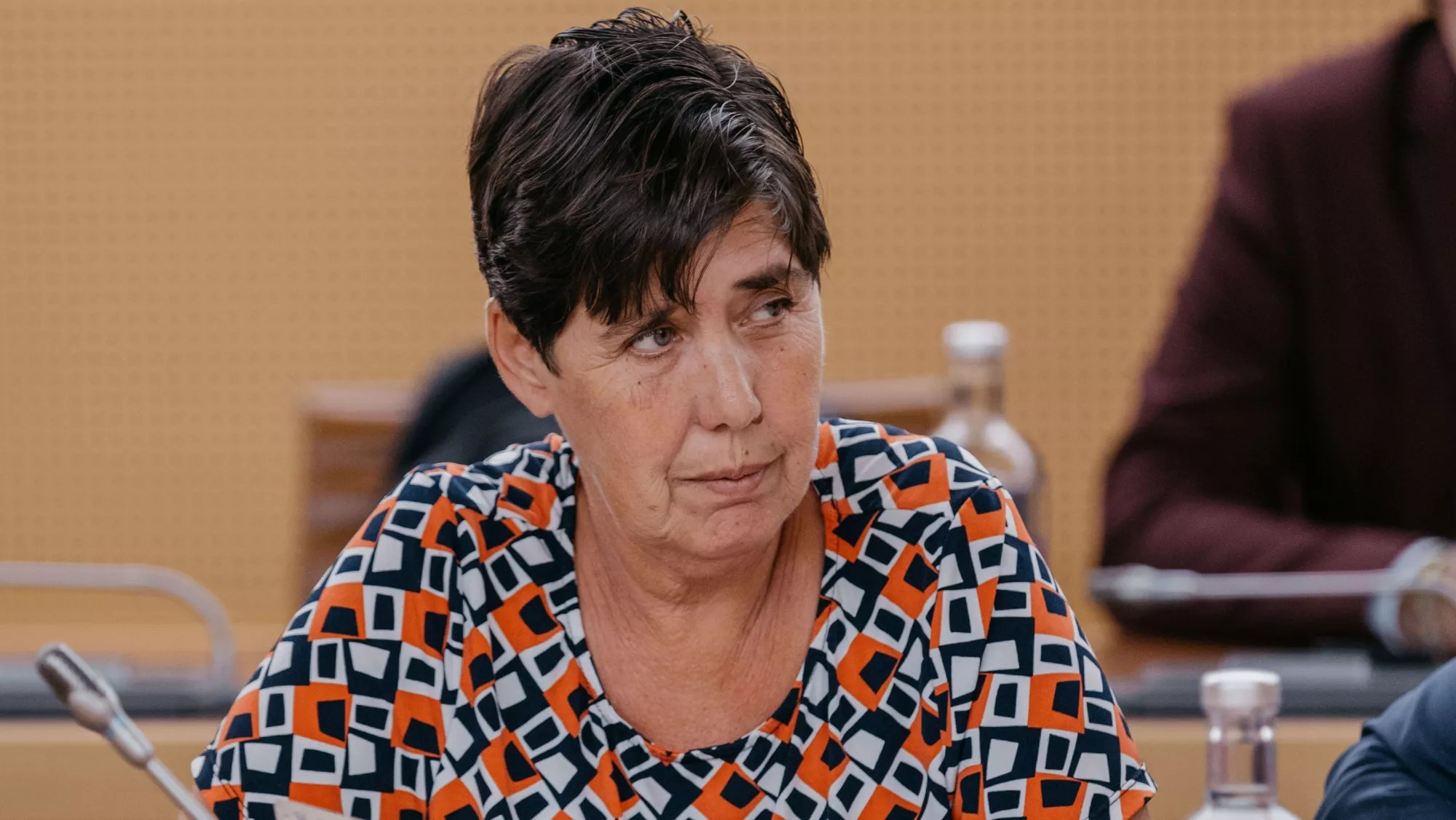
SANTA CRUZ DE TENERIFE, March 30 (EUROPA PRESS) –
The director of the Canary Islands Institute for Equality (ICI), Kika Fumero, presented this Thursday the main results of the survey ‘Aesthetic violence: an approach to the experience of aesthetic violence and fatphobia of women in the Canary Islands’ carried out by the ICI with the aim to know how the canons of beauty imposed by society affect women’s health.
Among the main results, the director highlighted that “despite all the health risks that dieting entails, 7 out of 10 women stated that they had at least dieted to lose weight, and something more serious, 53 % did them as a child or adolescent”.
More than half of the women who had dieted confirmed that they did so as a child or adolescent, while 30% did so between the ages of 18 and 25; 12% from 26 to 40; and 5% after the age of 40.
The three main reasons are medical recommendation (32%), family pressure (30%) and social networks, magazines and the media in general (18%) of the cases.
Other reasons declared by the respondents are social pressure from friends, bullying, pressure in sports environments, pregnancy, menopause and issues strictly related to health, such as diabetes, hypertension, skin problems, hypothyroidism and food intolerances. , collects a note from the ICI.
82.2% of the women interviewed stated that they would change something about their bodies, and 71% would change their weight, specifically.
In addition, 97.3% of women indicated that there is social pressure to comply with a beauty canon.
The director contextualized that the term aesthetic violence was coined by the sociologist Esther Pineda to refer to a new form of violence against women that constitutes, according to the researcher, “violence of a psychological nature, but that will have an effect on the physical appearance of women.” women, that is to say, it impacts on their subjectivity, but also on their bodies, in a society that establishes beauty as a constitutive element of feminine identity and valuation”.
DISCRIMINATION BASED ON APPEARANCE
60% declared having suffered discrimination because of their appearance and of these, the vast majority (1,022) due to fatphobia.
Similarly, 121 women claimed to have suffered discrimination because of their skin color, 215 because of their age, and 475 because of the way they dress.
Some added other discriminating factors for appearance such as disability, body and facial hair, appearance of teeth, nose, and height.
The vast majority of discrimination was experienced in educational centers (810), public space (669) and family (559), followed by medical consultation (489), employment (331), couples (284), social networks (158) and friendships or the social environment (31).
17% REPORT SUFFERING FROM AN EATING
Of the total number of women, 17% claimed to have an Eating Disorder (ED) and 6% hesitated to answer because they were in the process of being diagnosed, or because they claimed to recognize the symptoms in them but did not dare to ask for help, tell or ask for a diagnosis. By age, the vast majority were between 18 and 30 years old.
Regarding the reasons, the majority assured that it was due to social pressure, other people’s comments about their bodies, and to a lesser extent due to bullying, family, stress problems, anxiety, medical pressure, or their participation in sports, gyms and classic dance.
2,475 WOMEN’S RESPONSES WERE ANALYZED
The survey was carried out in person on the eight islands and online, through social networks, WhatsApp and through ‘flyers’ distributed in the streets, between February 9 and March 10.
In total, data from 2,894 people were collected, but 99 received online were discarded due to different failures (unidentifiable gender, responses from outside the Canary Islands) and another 320 that were from men, so 2,475 responses from women residing in the Canary Islands were analyzed. islands.
By age, 5% were under 18, 22% were between 18 and 23, 40% 31-45, 25% 46-60, and 7% were people over 60.
The survey consisted of 26 questions that covered personal characteristics to profile the population, questions about individual bodily experience, as well as about employment, health, sports, discrimination, and eating disorders.
















